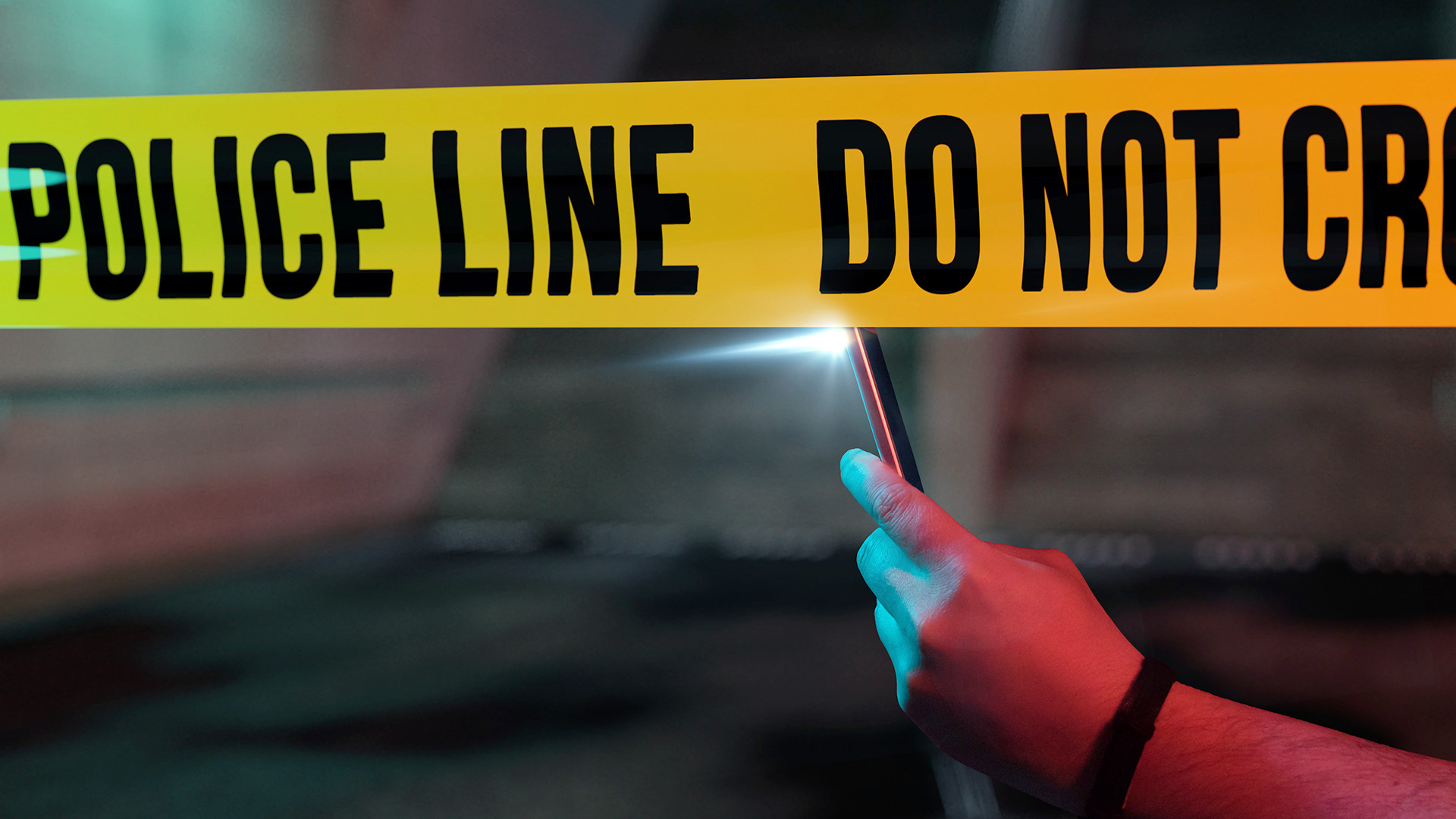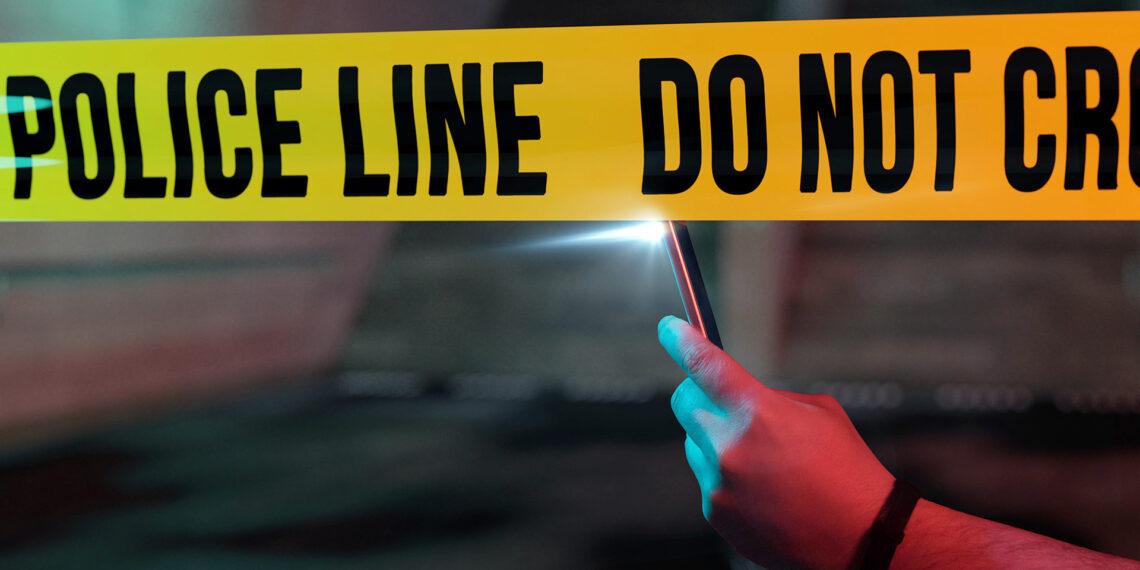[ad_1]

Multiple news organizations and the ACLU recently filed a lawsuit over an Arizona law prohibiting people from filming within 8 feet of law enforcement activity, arguing that the law poses “blatant constitutional issues.”
The law, signed by Arizona Governor Doug Ducey in July, makes it a misdemeanor crime to record law enforcement officers up close, unless one is the “subject of police contact” or is a passenger during a traffic stop.
The ACLU said that violators could be sentenced to up to a month in prison.
News outlets in the state argued that the law infringes on the First Amendment rights of journalists and civilians to record the public actions of law enforcement officers.
“By allowing police officers to arrest and punish people for simply recording video of their actions, the law creates an unprecedented and facially unconstitutional content-based restriction on speech about an important governmental function,” the lawsuit said.
Plaintiffs said they filed the lawsuit in the U.S. District Court of Arizona to uphold accountability and transparency within law enforcement, saying its purpose is “to prevent Arizona from trampling on their rights to report news, document the activities of public servants, and hold police accountable for their actions toward the people they are sworn to protect and serve.”
Maricopa County Sheriff Paul Penzone — who was not involved in the bill’s creation — was named as a defendant in the filing along with Arizona Attorney General Mark Brnovich and Maricopa County Attorney Rachel Mitchell.
The sheriff said the ACLU was specifically targeting him in the lawsuit.
“To include me in a lawsuit for which I had no involvement in crafting, vetting or passing is an example of targeting a law enforcement leader for the sake of sensationalization,” Penzone told CNN. “There are 15 sheriffs and 50–100 police chiefs in Arizona. The ACLU listed my name only as a tactic to harass and target me.”
Arizona Republican state Representative John Kavanagh said the bill is intended to give police a “buffer” against people who are harassing them.
“I agreed to run this bill because there are groups hostile to the police that follow them around to videotape police incidents, and they get dangerously close to potentially violent encounters,” Kavanagh said.
Plaintiffs also raised concerns that the law is vague when it comes to fluid situations such as protests and argued that the bill’s language is too broad, as it is unclear what constitutes a “verbal warning” for video recording or what “law enforcement activity” refers to.
[ad_2]




